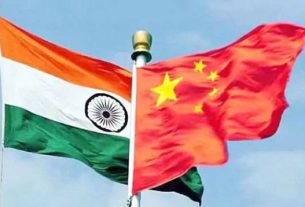Following a significant $7 billion loan approval, the International Monetary Fund (IMF) is urging Pakistan to confront deep-rooted corruption and curb political harassment tied to anti-corruption efforts. The IMF’s 37-month Extended Fund Facility (EFF), approved on September 25, is designed to stabilize Pakistan’s struggling economy, but the international lender stressed that meaningful reforms must accompany the financial support.
Key policy objectives of the loan arrangement include establishing sustainable public finances, controlling inflation, and bolstering the nation’s foreign exchange reserves. The IMF also underscored the urgent need for a robust anti-corruption framework, recommending an overhaul of the National Accountability Bureau (NAB) to make it more autonomous and effective in alignment with Pakistan’s Supreme Court directives. The institution’s independence is seen as critical to conducting unbiased investigations and rebuilding public trust.
The IMF report noted that pervasive corruption is obstructing reform efforts and highlighted concerns over NAB’s limited access to accurate data for ongoing investigations. As part of the anti-corruption push, the IMF is calling for the digitization of the Federal Board of Revenue (FBR) to improve the transparency of asset declarations by government officials, including members of parliament.
In a further push for structural changes, the IMF set a deadline for Pakistan to present a comprehensive anti-corruption action plan by June 2025. The fund is also pressing the government to broaden the tax base, trim public spending, and accelerate reforms within state-owned enterprises to promote fiscal responsibility.
Shortly after securing the loan, Pakistan received the first tranche of approximately $1.03 billion on September 27. According to the IMF’s projections, Pakistan’s economic growth is expected to stabilize, with GDP growth rates forecasted to remain between 4% and 4.5% from the 2024-25 fiscal year through 2029-30. Inflation is projected to hover between 6.6% and 9% over the same period.
The IMF’s latest push reflects broader concerns over governance issues in Pakistan, where political influence in anti-corruption cases has often been a point of contention. By tightening the conditions tied to the loan, the IMF aims to pressure the country’s leadership into taking genuine steps towards economic reforms and governance transparency.





